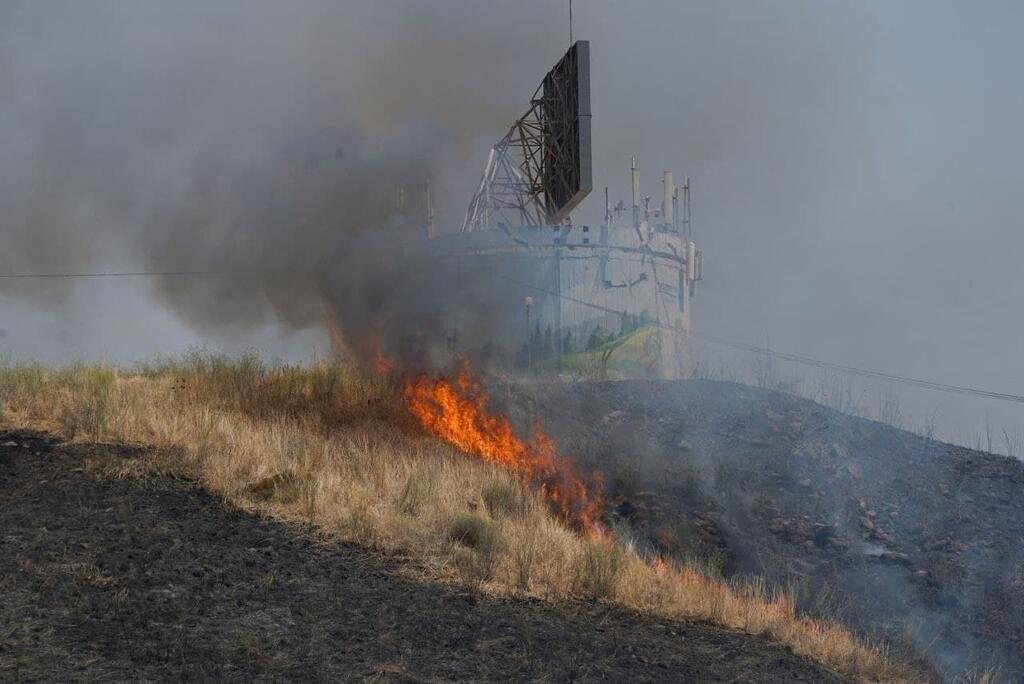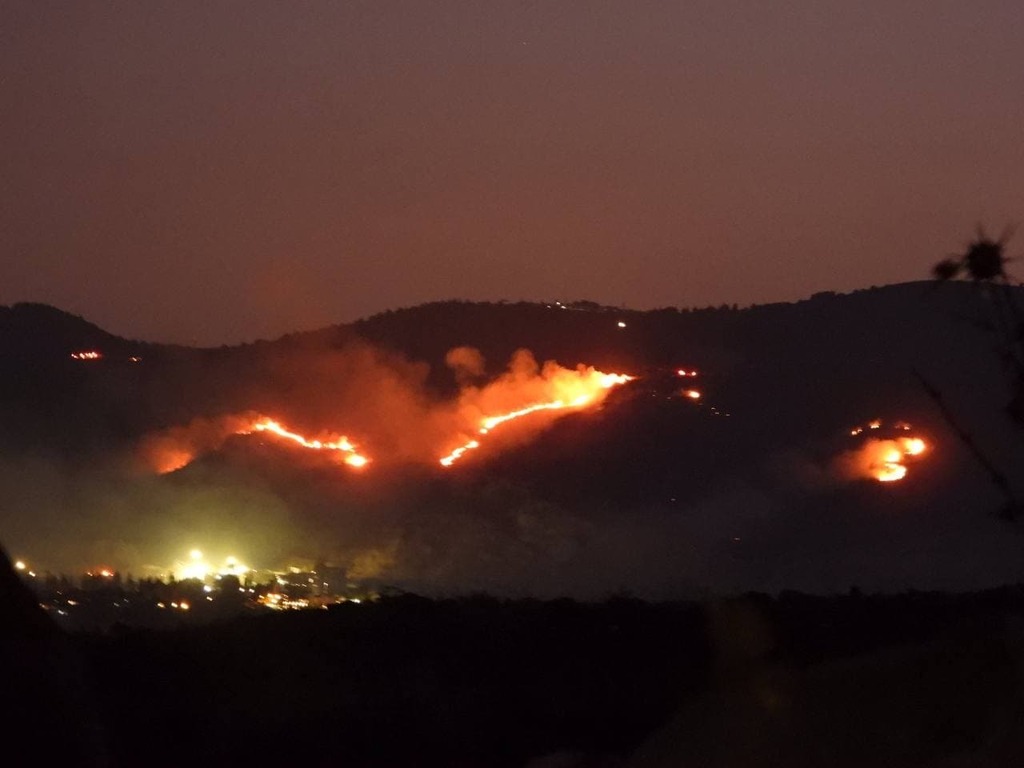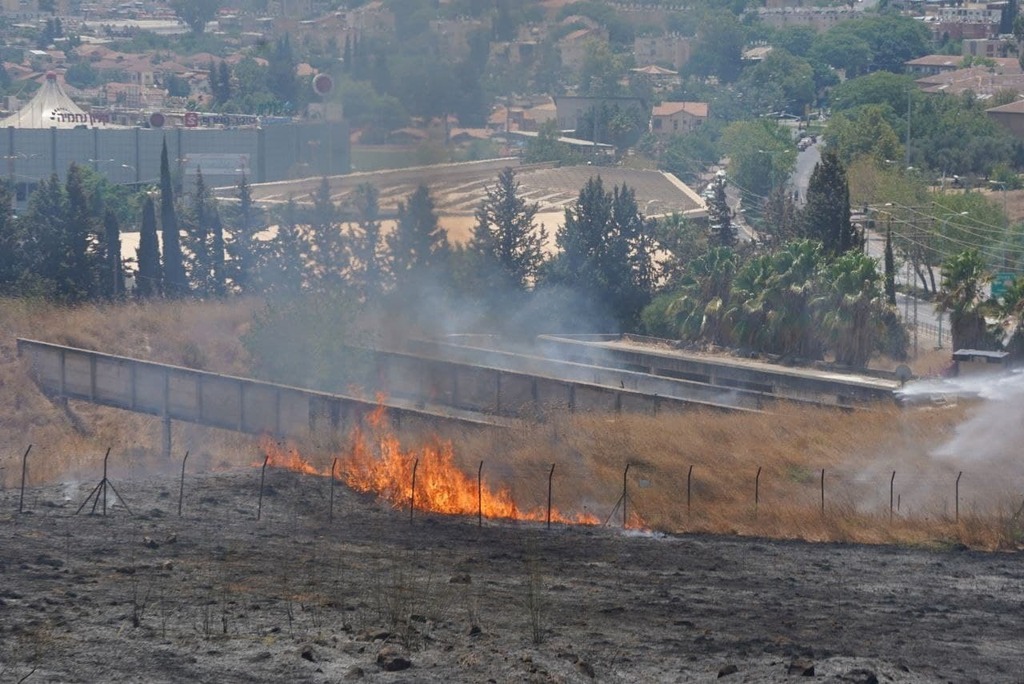Getting your Trinity Audio player ready...
The Israel Defense Forces (IDF) fired over 100 artillery shells into Lebanon on Wednesday, causing a large fire to break out, and is considering launching air strikes as well in response to a volley of rockets fired into Israel from its neighbor to the north.
Air raid sirens sounded in northern Israel shortly afternoon as the rockets were fired, with two of them landing inside Israeli territory and one landing short in Lebanon. At least one rocket hit close to the border city of Kiryat Shmona and residents of the Galilee region reported hearing blasts.
The squad that fired the three rockets belongs to a Palestinian faction affiliated with Hamas. The faction enjoys freedom of action from Hezbollah.
The U.S. State Department condemned rocket attacks by Lebanese-based armed groups and vowed to "remain engaged with Israeli and Lebanese partners to de-escalate the situation."
One of the issues discussed in Jerusalem in the wake of the event, the fifth such attack from Lebanon in three months, is whether to launch preemptive attacks on Sunni militants on Lebanese soil — a move that could prompt a military response from Hezbollah.
According to one estimate, Hezbollah will refrain from intervening even if Israel does carry out an open counterterrorism operation on Lebanese soil against the belligerent pro-Palestinian squad.
3 View gallery


Crash site of rocket fired from southern Lebanon, in border town of Kiryat Shmona
(Photo: Effie Shrir)
The recurring rocket fire into northern Israel is causing much concern among the defense establishment's top brass, especially in light of the widespread chaos raging in Lebanon as a result of the economic collapse in the country.
According to senior Israeli officials, the Lebanese army has already run out of food supplies for its soldiers and motivation to serve has dropped sharply, although there are still no signs of mass defections.
Israel has deliberately taken a cautious approach in the face of recent rocket volleys so as not to escalate tensions that may spiral out of control into an all-out conflict, but Jerusalem is considering a harsher response.
Meanwhile, Saudi Arabia's foreign minister said on Wednesday the insistence of Hezbollah on imposing its will in Lebanon was a major reason for the country's crisis, according to Saudi state TV and a foreign ministry statement.
Prince Faisal bin Farhan Al Saud also said Riyadh was concerned that no tangible results had been reached in investigations into the Beirut port explosion that devastated swathes of the capital a year ago. He said any assistance to Lebanon would be linked to serious reforms there.



